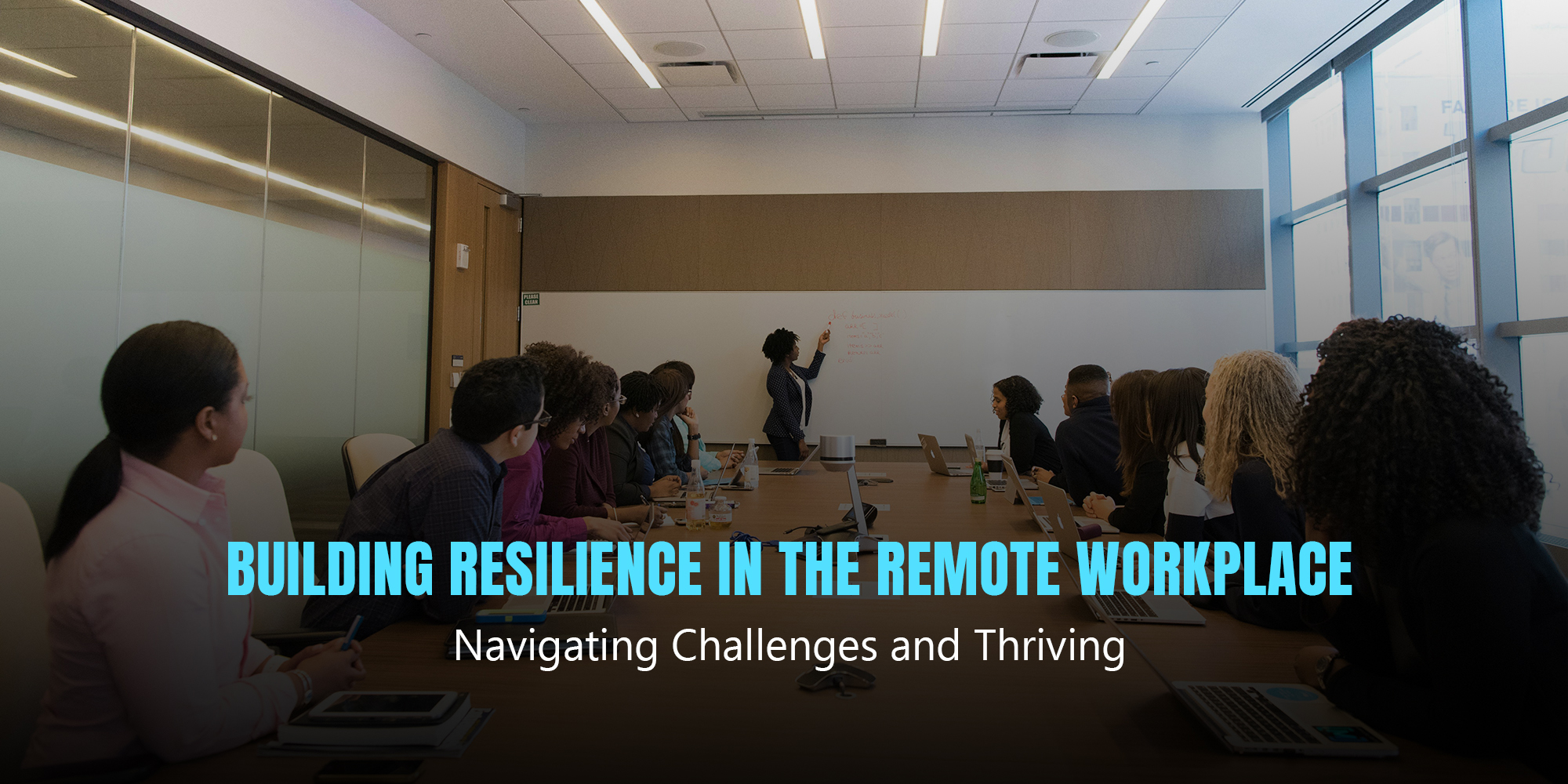
Introduction
In today’s fast-paced business world, technical skills are no longer enough to differentiate successful leaders. Emotional intelligence (EQ), the ability to understand and manage emotions effectively, has emerged as a critical competency. It’s not just about being nice; it’s about fostering strong relationships, building trust, and inspiring teams to achieve their full potential.
The Power of Emotional Intelligence
EQ is the ability to:
- Recognize and manage your own emotions: Understanding your emotional triggers and responses helps you stay calm and composed under pressure.
- Understand the emotions of others: Empathy allows you to connect with your team on a deeper level, build trust, and foster a positive work environment.
- Express yourself effectively: Strong communication skills are essential for building relationships and inspiring others.
- Navigate challenging situations: Emotional intelligence helps you handle conflicts, setbacks, and difficult conversations with grace and resilience.
Developing Emotional Intelligence
Developing emotional intelligence is a journey, not a destination. Here are some practical strategies to help you cultivate this essential skill:
- Self-awareness: Pay attention to your thoughts, feelings, and behaviors. Understand your emotional triggers and how they impact your decision-making.
- Active Listening: Practice active listening to understand the perspectives of others. Show empathy and respond thoughtfully.
- Empathy: Put yourself in others’ shoes and try to see things from their perspective. This helps you build stronger relationships and foster a supportive work environment.
- Emotional Regulation: Learn to manage your emotions effectively. Use techniques like deep breathing, meditation, or journaling to calm your mind and reduce stress.
- Feedback Seeking: Seek feedback from your team and mentors to gain insights into your emotional impact. Be open to constructive criticism and use it as an opportunity for growth.
- Continuous Learning: Emotional intelligence is a lifelong journey. Seek out opportunities for personal and professional development to enhance your emotional intelligence skills.
Emotional Intelligence in Action: Real-World Examples
Emotional intelligence is not just a theoretical concept; it’s a practical skill that can have a profound impact on your leadership effectiveness. Consider these real-world examples:
- Empathy in Crisis Management: During a company crisis, emotionally intelligent leaders can empathize with employees’ concerns and fears, fostering trust and collaboration.
- Effective Conflict Resolution: Leaders with high EQ can navigate conflicts with grace and find mutually beneficial solutions.
- Motivating Teams: By understanding the emotional needs of their team members, emotionally intelligent leaders can create a positive and motivating work environment.
Conclusion: The Emotional Advantage
Emotional intelligence is a powerful tool for leaders. By understanding and managing your emotions effectively, you can build stronger relationships, inspire your team, and achieve greater success. Remember, emotional intelligence is a journey, not a destination. By actively cultivating this essential skill, you can unlock your full leadership potential.









